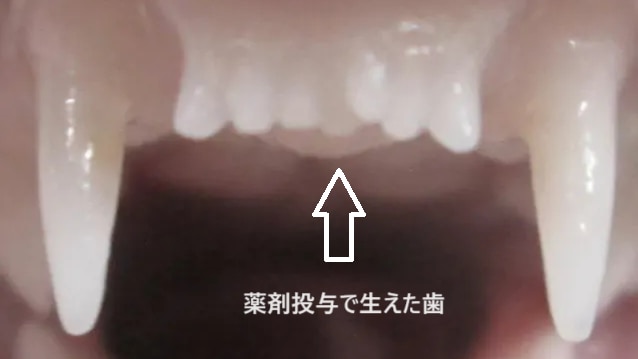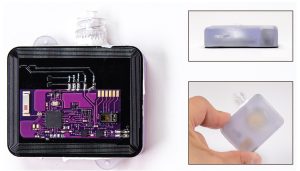Japanese company developing drug to grow new teeth, plans for clinical trials on humans in 2024

A drug to grow new teeth is being developed at a Japanese pharmaceutical company, with hopes to begin clinical trials in less than a year.
Key points:
- Toregem’s drug inactivates the “USAG-1 protein” to enable tooth growth
- The company says its priority is treating people whose teeth do not grow for genetic reasons
- In the future, the team wants the drug to help those who have lost teeth
Toregem Biopharma, funded by Kyoto University, has developed an antibody drug which inhibits the protein in the mouth that suppresses growth and stops “tooth buds” from developing.
The team has already successfully administered the drug to ferrets, which have both baby and permanent teeth similar to humans, in 2018.
They want to see trials on humans in July 2024, and want the drug on the market by 2030. The company also plans for a second clinical trial on children born without some or all of their teeth.
Toregem’s president Honoka Kiso wrote on the company’s website she had lost teeth due to a bone disease when she was a teenager.
“I wanted to study the cause of my illness and how to regenerate lost teeth,” she said.
“Toregem Biopharma first hope to treat patients with congenital tooth loss who do not grow permanent tooth buds due to genetic causes.
“[Our] final goal is to offer advanced and scientifically driven clinical solution for the growth of teeth derived from their own tissues.”
Toregem has said “inactivating the USAG-1 protein” allows teeth to grow.
Company co-founder and head of dentistry and oral surgery at Osaka’s Kitano Hospital, Masaru Takahashi, said missing teeth in children affected the development of the jawbone.
‘We would like to address these concerns with dental medicine,” he said.








